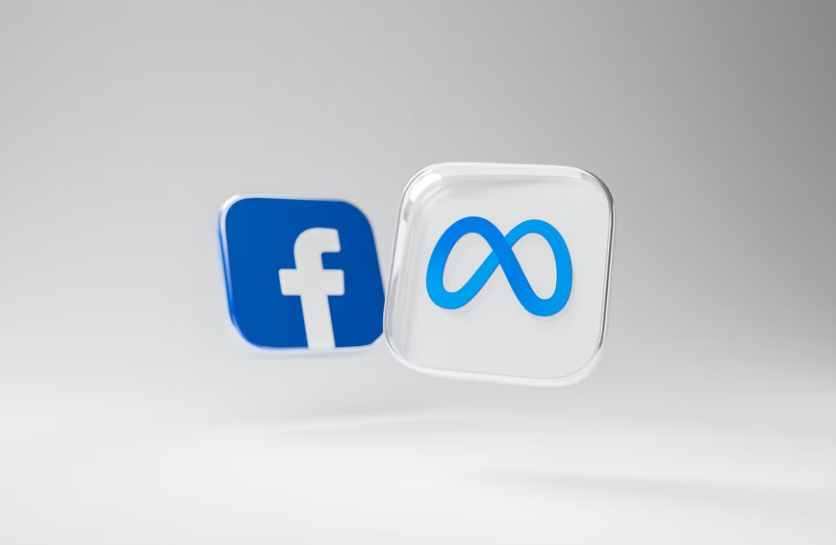Over two decades since its inception, Facebook has evolved into a supporting figure within the Mark Zuckerberg narrative. Despite diminishing popularity, the ad revenue generated by Facebook remains a crucial financial pillar supporting Meta's future endeavors.

Facebook Meta
Facebook's Two-Decade Journey
The journey began when Mark Zuckerberg introduced thefacebook.com from his college dorm, quickly transforming it from a Harvard-exclusive platform to a global social media giant. Within the Meta ecosystem, Engadget reported that Facebook grapples with an increasingly uneasy position.
Although a majority of American adults still engage with the service, Engadget reported that a staggering three out of four individuals believe that Facebook, associated with global misinformation crises and the promotion of genocidal hate speech, contributes to the active detriment of society.
While Facebook continues to be a significant contributor to Meta's revenue stream, the platform's user growth has decelerated to a point where the company has opted to withhold specific user metrics.
Facing Competition
In response to mounting competition from TikTok, Meta has once again adjusted its feed, prioritizing recommendations over content from familiar connections.
However, this alteration hasn't transformed Facebook into a TikTok-like platform but rather into an intriguing showcase of what Meta's algorithms consider both engaging and non-controversial.
Many Facebook feeds are inundated with posts from various groups centered on mundane topics like home remodeling, cast iron pan enthusiasts, and a mysterious entity called the "Dull Men's Club."
Despite the platform's users logging in daily, many haven't shared anything on their own pages for over a year, and this trend is prevalent. A majority of adults now express increased selectiveness in their social media posting habits.
Also Read : Meta's Oversight Board Upholds Decision on Controversial Diet Posts, Recommends Content Restriction
Predictably, teenagers show minimal interest in the social platform favored by their parents and grandparents. A mere 33 percent of U.S. teens claim to have used the service at any point, marking a significant decline from the 71 percent reported in 2015.
This shifting landscape, where Facebook's user demographic ages faster than its platform evolves, has led experts to project a future where the social network hosts more profiles of deceased individuals than living ones.
At present, Facebook boasts a user base exceeding 3 billion, maintaining its role as a cornerstone in the Mark Zuckerberg narrative, albeit no longer the central character. It has transitioned into being just one of several applications within the company's broader "family."
The extent to which Meta has truly transformed into a "metaverse-first" company remains a matter of contention. However, it unquestionably distances itself from being labeled "Facebook-first."
Mark Zuckerberg's recent endeavors involve positioning Meta as both a metaverse and artificial intelligence (AI) company, actively engaging in the race to develop human-level superintelligence.
Notably, the viability of Zuckerberg's ambitious pursuits is intricately linked to the success of Facebook. If his envisioned AI chatbot and metaverse-driven future materialize, it owes much of its feasibility to the unparalleled financial triumph of the oldest segment in his corporate domain.
Related Article : Meta CEO Mark Zuckerberg Reveals Plans to Incorporate Generative AI into Every Product

ⓒ 2025 TECHTIMES.com All rights reserved. Do not reproduce without permission.




